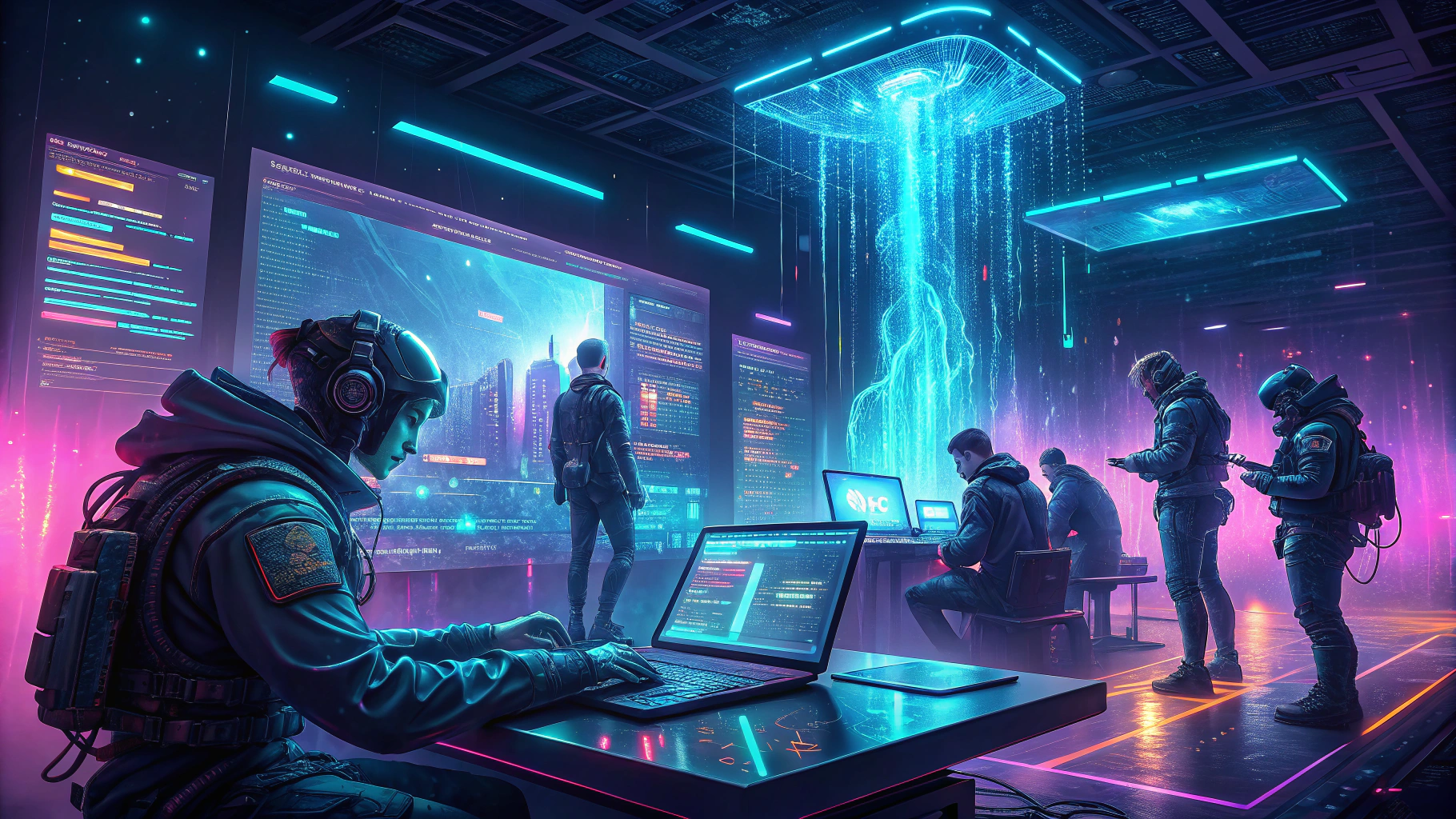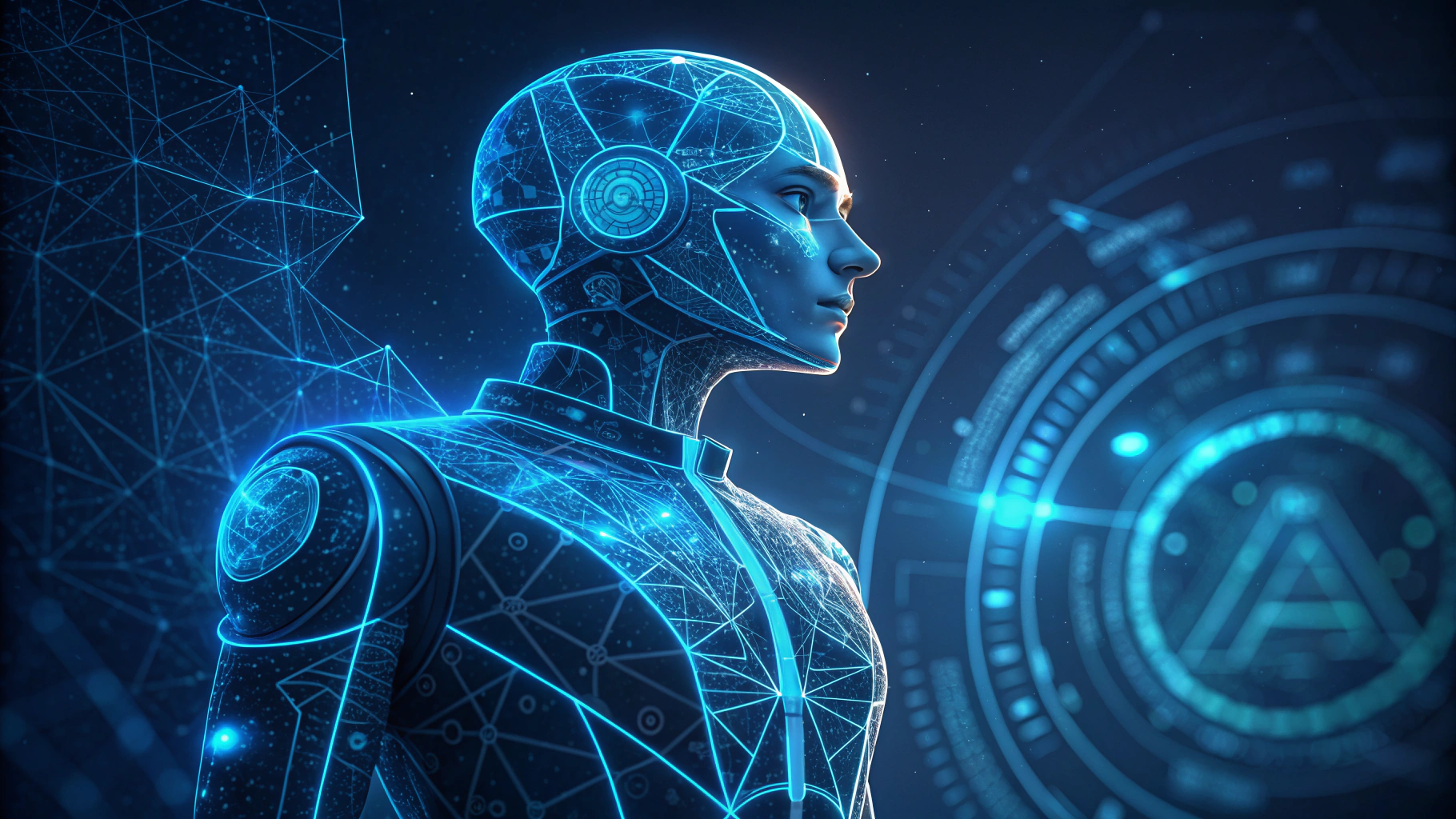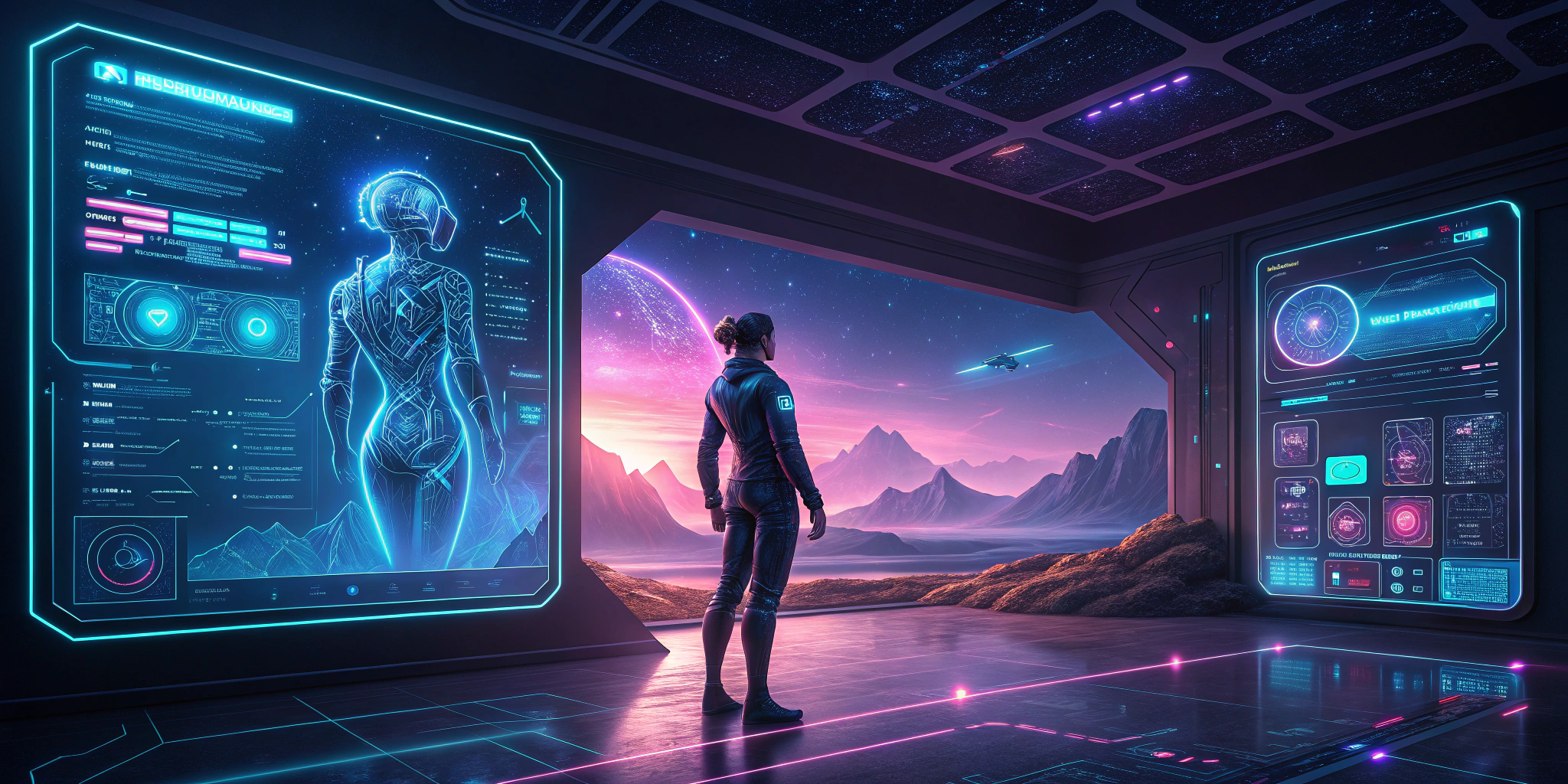AI Agents: Revolutionizing the Future of Intelligent Automation

# AI Agents and SEO: Crafting SEO-Friendly HTML Content with In-Content Images
Artificial Intelligence (AI) has revolutionized many industries, with AI agents playing a pivotal role in enhancing user experiences, automating tasks, and delivering personalized solutions. In the realm of digital marketing, AI agents have become indispensable, particularly in optimizing content for search engines. This article explores how AI agents can be leveraged to create SEO-friendly HTML content, incorporating in-content images, understanding perplexity, sourcing information, and utilizing OnDemand technology—all while maintaining white text for enhanced readability.
Understanding AI Agents
AI agents are software programs that perform tasks autonomously or semi-autonomously based on the data they process. These agents use algorithms and machine learning models to make decisions, solve problems, and learn from interactions. In the context of SEO, AI agents analyze vast amounts of data to determine the best strategies for enhancing website visibility and improving search engine rankings.
Crafting SEO-Friendly HTML Content
Creating SEO-friendly content involves structuring HTML in a way that search engines can easily crawl and understand. Here are some key elements to consider:
Title Tags and Meta Descriptions
- Title Tags: These are crucial for SEO as they appear as the clickable headline in search engine results. AI agents can analyze keyword trends and suggest optimized titles that align with user search intents.
- Meta Descriptions: These provide a brief summary of the page content. AI agents can generate compelling descriptions that include relevant keywords to increase click-through rates.
Header Tags (H1, H2, H3)
Using header tags appropriately organizes content and signals the hierarchy of information to search engines. AI agents can help structure content by identifying key topics and subtopics, ensuring that header tags reflect the content’s outline.
Keyword Optimization
AI agents can perform keyword research to identify high-traffic and relevant keywords. By integrating these keywords naturally into the content, AI agents help enhance its visibility while maintaining readability.
The Role of In-Content Images
Images play a significant role in engaging users and improving SEO. Here’s how AI agents can optimize in-content images:
Image Selection and Optimization
AI agents can analyze the context of the content to suggest relevant images. They can also optimize images by compressing them without losing quality, ensuring faster page load times which is critical for SEO.
Alt Text and Image Descriptions
AI agents can generate descriptive alt text for images, making them accessible to visually impaired users and providing additional context for search engines. This practice enhances SEO by associating images with relevant keywords.
Perplexity in Content Creation
Perplexity measures the complexity of text, influencing how well users understand content. AI agents can analyze perplexity to ensure that content is neither too simple nor too complex for the target audience.
Balancing Complexity
By assessing the perplexity of content, AI agents can adjust the language and sentence structure to match the audience’s reading level, improving user engagement and satisfaction.
Enhancing Readability
AI agents can recommend changes to improve readability, such as breaking up long paragraphs, using bullet points, and incorporating visuals. These adjustments can lead to lower bounce rates and higher time-on-page metrics.
Sourcing Information with AI Agents
AI agents can efficiently source and verify information, ensuring content accuracy and credibility. This process involves:
Data Gathering
AI agents can scrape and analyze data from various sources, identifying trends and emerging topics relevant to the content. This allows marketers to produce timely and authoritative articles.
Fact-Checking
By cross-referencing information with reputable sources, AI agents can verify facts, reducing the risk of disseminating misinformation and enhancing the trustworthiness of the content.
Utilizing OnDemand Technology
OnDemand technology allows for real-time content updates and personalization. AI agents can leverage this to provide dynamic and relevant content experiences for users.
Real-Time Content Updates
AI agents can monitor changes in user preferences and search trends, updating content on-the-fly to keep it relevant and engaging. This adaptability ensures that content remains competitive in search rankings.
Personalized User Experiences
By analyzing user data, AI agents can deliver personalized content recommendations, increasing user engagement and conversion rates.
Maintaining White Text for Readability
White text refers to the use of ample white space and clean typography to enhance readability. AI agents can optimize the visual layout of content to ensure it is easy to read on all devices.
Layout Optimization
AI agents can suggest layout adjustments that improve readability, such as increasing line spacing, choosing readable fonts, and ensuring a balanced text-to-image ratio.
Mobile Optimization
With the growing number of mobile users, AI agents can ensure that content is mobile-responsive, providing a seamless reading experience across different screen sizes.
Conclusion
AI agents are reshaping the landscape of SEO by providing innovative solutions for creating and optimizing content. By leveraging AI agents, marketers can craft SEO-friendly HTML content with optimized in-content images, balanced perplexity, reliable sources, and OnDemand technology. Emphasizing white text and readability ensures that users can engage with content effortlessly, leading to improved user experiences and enhanced search engine performance. As AI technology continues to evolve, its integration into SEO practices will undoubtedly yield more sophisticated and effective strategies for digital marketing success.



